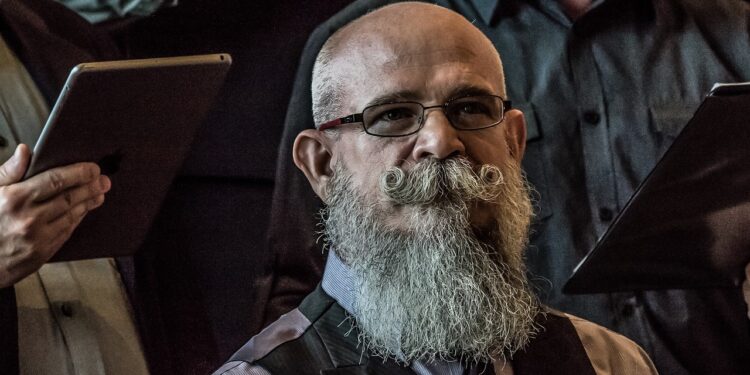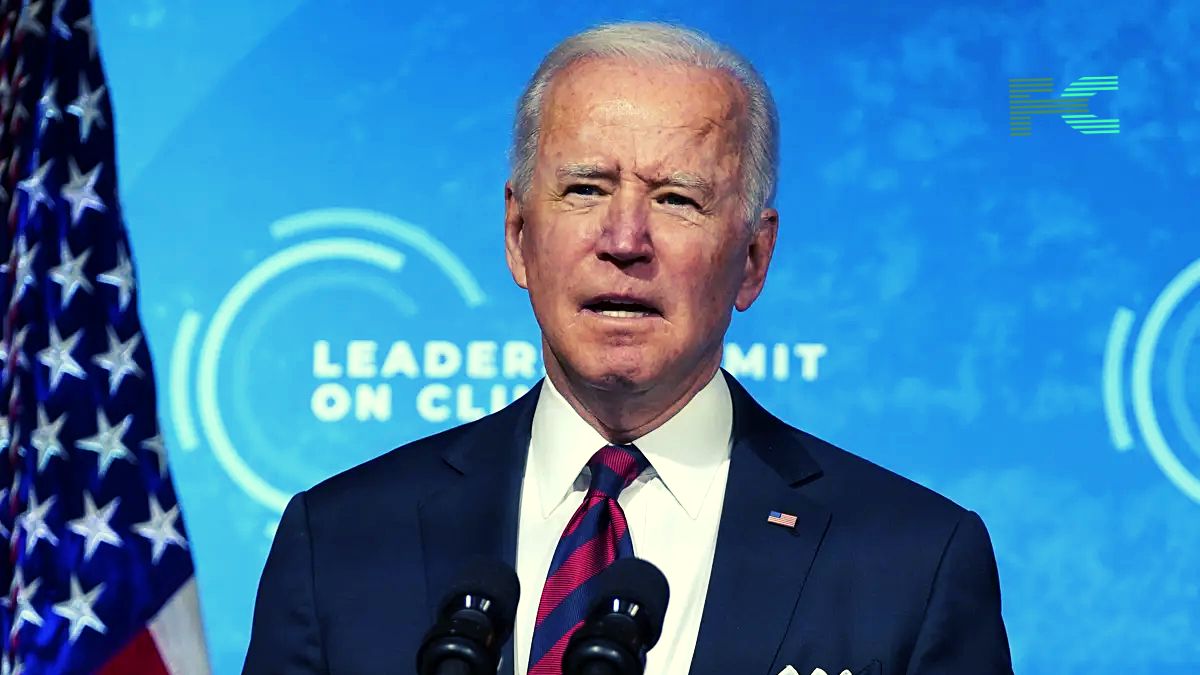Israel’s ultra-Orthodox parties have momentarily backed down from their long-standing push for a new conscription law just before a critical budget vote. The issue? Whether young religious men studying full-time in seminaries should continue avoiding military service, a luxury that’s stirred quite the uproar as Israel faces intensifying security threats and an economic crisis.
The ultra-Orthodox Haredi factions in Netanyahu’s coalition had dug in, insisting that a law formally exempting Torah students from military service be passed before the budget, a staggering 40 billion shekels with deep spending cuts and tax hikes—hit the Knesset. Yet, facing the possibility of toppling Netanyahu’s government during a volatile period of war and political unrest, the Haredi leaders withdrew their demand, securing instead a financial boon for day care funding in their communities.
Finance Minister Bezalel Smotrich struck a defiant note, saying the budget must pass without delays or distractions from a military exemption bill. “Those who oppose the budget will pay the price,” Smotrich declared, dismissing the notion that religious study and national service are incompatible. But the tension remains: with military demands at an all-time high due to growing conflicts on multiple fronts, the question lingers, can Israel afford to keep entire segments of its population off the battlefield?

A Deal at What Cost?
The ultra-Orthodox community, growing swiftly and comprising roughly 13% of Israel’s 10 million citizens, has long enjoyed military exemptions. When Israel was founded in 1948, the arrangement worked, but today, it’s under fire. The High Court ruled in June that full-time seminary students must be drafted, giving the military permission to call up 3,000 ultra-Orthodox men each year. This mandate has exposed a longstanding fracture within Israeli society: the ultra-Orthodox want to preserve their religious identity, but secular Israelis argue that defense needs outweigh religious exemptions.
While the Haredi factions, led by United Torah Judaism (UTJ) and Shas, pulled back from voting against the budget, they’re not exactly happy. “An arrangement instead of a law,” UTJ’s Moshe Roth called it, signaling that they’re willing to endure compromise for now—anything to avoid government collapse. With Israeli troops facing escalating threats and nearly 800 soldiers lost, the exemptions are under harsher scrutiny than ever.
Public Outcry Amid Rising Tensions
Israel’s young men and women are called to mandatory service at 18, but ultra-Orthodox males in seminary have managed to bypass this obligation. Now, with the Gaza war dragging into its second year and new fronts heating up in southern Lebanon, the optics aren’t pretty: young, secular Israelis fight and die while their Haredi counterparts sit out the conflict, shielded by religious exemptions.
As more Haredi leaders admit, sending their youth to the military could dilute their religious principle, an argument that isn’t sitting well with the families of soldiers risking their lives daily. Housing Minister Yitzhak Goldknopf, who also chairs UTJ, warns that without new legislation, Torah students refusing military orders could face charges as deserters—a criminal label that would escalate the stakes for ultra-Orthodox communities.
But as Roth pointedly noted, Torah education is sacred to the Jewish identity, stating, “Defence is important, economy is important, health is important. But to the Jewish nation, education is important, too.” For the ultra-Orthodox, losing their youth to the secular world is as grave a threat as any physical enemy.
Who Will Foot the Bill for Israel’s Security?
As Netanyahu maneuvers through this tightrope act, balancing religious sensitivities with wartime realities, Israel’s citizens face hard questions. Can a nation afford to keep granting draft exemptions as its security needs surge? Or is it time to reassess long-held beliefs to ensure everyone shares the burden of national defense?
For now, the budget will pass, and Israel’s ultra-Orthodox community keeps its funding for child care, with military service left in limbo. But the battle over religious identity versus national responsibility has only just begun, and Israelis are waiting to see how long this uneasy compromise can hold.

















